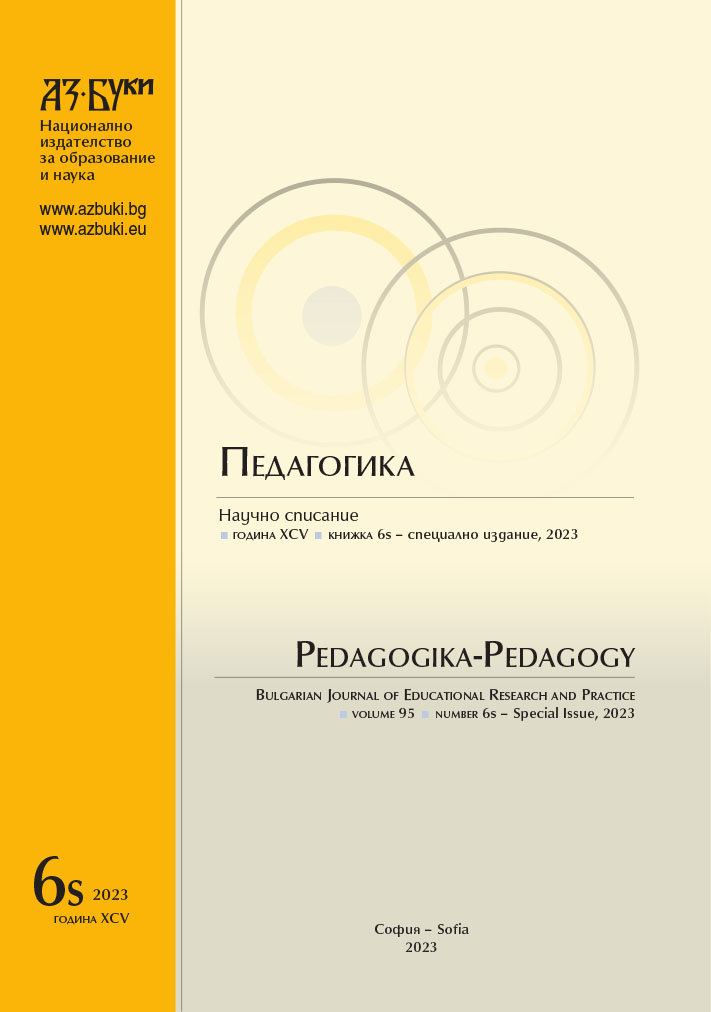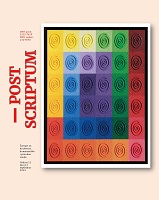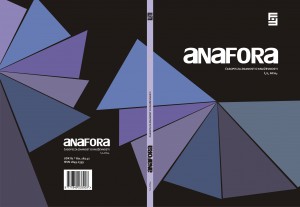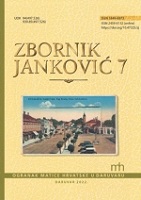
Caste and Migration: Insights from Study of Migrant Men from Rural Uttar Pradesh
Caste and Migration: Insights from Study of Migrant Men from Rural Uttar Pradesh
Keywords: Caste; Employment; Occupation; Migration; Rural Men;
In its own particular way, India is a tremendously diverse nation. In a nation like India, where villages are frequently separated into caste-based parts, the caste system plays a very important role. Despite having achieved independence for such a long time, caste continues to play a significant role in shaping power dynamics, access to material resources, and even employment possibilities in rural India. Scholars have long been interested in the significance of caste in rural India, and numerous attempts have been made to comprehend the function of the caste system and its connections to migration. However, there hasn't been much research done in Uttar Pradesh, despite being the state with the highest male out-migration rate. Caste and male migration from rural Uttar Pradesh have received little research. In light of this context, the study will make an effort to comprehend the relationship between caste and migration in rural Uttar Pradesh. To meet the objective, a primary survey of 150 households in Azamgarh, the district with the highest male out-migration, was conducted. Data analysis and presentation have been done using simple statistical methods. Study found that male migrants from the village's higher castes tend to have advanced degrees and work mostly in skilled occupations. Caste affiliation frequently affects the availability of economic opportunities in rural Uttar Pradesh. More agricultural and non-farm possibilities must be created in the state's rural areas in order to close this gap. The MNREGA should be implemented well since it will be a significant step toward equal accessibility to all work possibilities. Giving the lower class of the village vocational and educational training needs to be prioritized more. Another intriguing finding of the study is that a considerable degree of educational attainment is supporting the reduction of disparities among different castes.
More...



